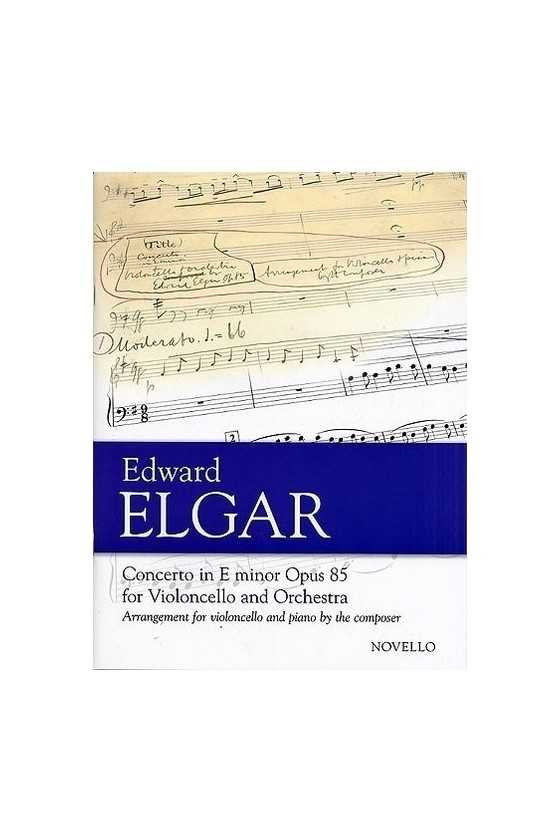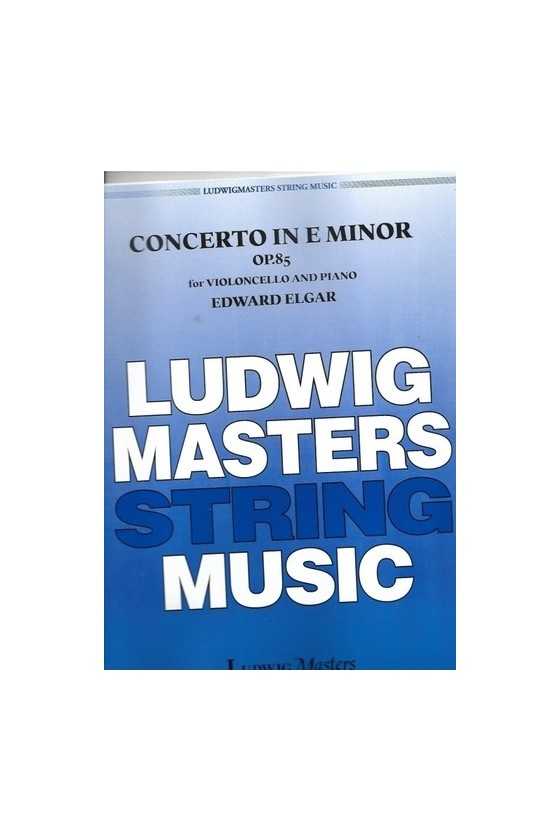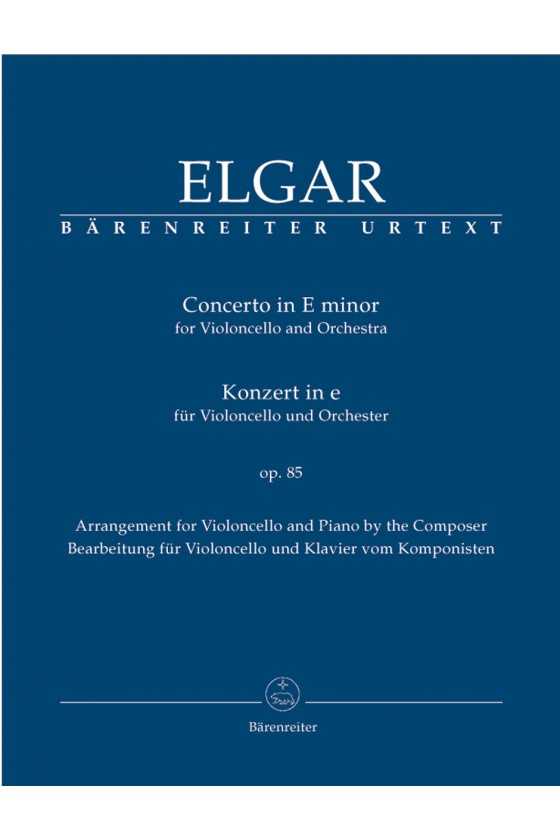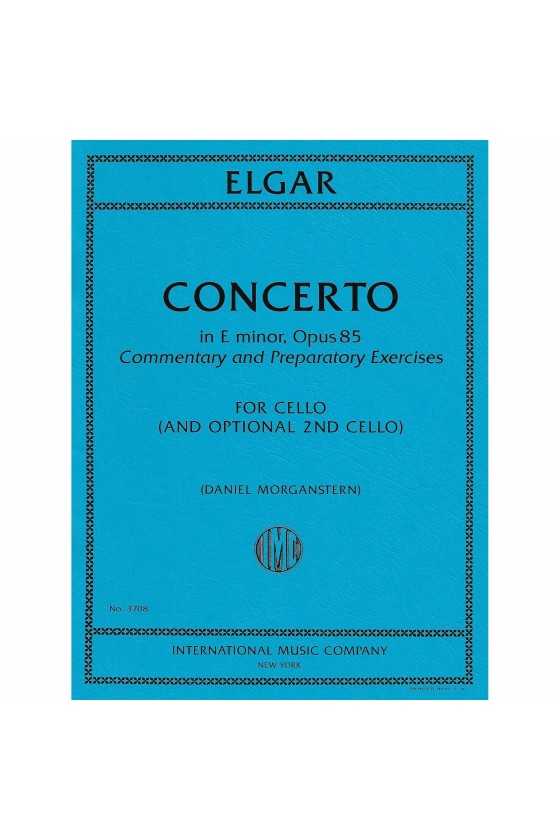Elgar, Sir Edward
Sir Edward Elgar is a name that has become synonymous with the Romantic era of classical music. Born in the small town of Broadheath in Worcestershire, England, in 1857, Elgar's humble beginnings belied the musical genius that was to emerge. His life was one of triumphs and tragedies, of struggles and successes, but above all, it was a life dedicated to the creation of some of the most beautiful music ever composed. In this article, we'll explore the life and works of Sir Edward Elgar, from his early years in the Midlands to his rise to international fame.
Early Life and Musical Education
Elgar's childhood was marked by poverty and hardship. His father, a pianist and music teacher, struggled to make ends meet, and the family often had to rely on the kindness of friends and relatives. Despite this, Elgar showed an early talent for music, and at the age of eight, he began taking violin lessons. His father recognized his son's potential and encouraged him to pursue a career in music.
At the age of 15, Elgar left school and began working as a clerk in a solicitor's office. In his free time, he continued to study music, and he soon began to compose his own works. He was largely self-taught, and his early compositions showed the influence of the great composers of the time, including Mozart, Beethoven, and Brahms.
Elgar's musical education was furthered when he moved to London in his mid-twenties. There, he studied with some of the leading musicians of the day, including Hubert Parry and Charles Villiers Stanford. He also began to make a name for himself as a composer, and his works were performed at some of the most prestigious venues in the country.
Elgar's Musical Career
Elgar's breakthrough came in 1899 with the premiere of his Enigma Variations. This set of 14 variations on a theme was an instant success, and it established Elgar as one of the leading composers of his day. The variations were dedicated "to my friends pictured within," and each variation was a musical portrait of a different person in Elgar's life. The work is known for its sweeping melodies, its emotional depth, and its technical brilliance.
Following the success of the Enigma Variations, Elgar became one of the most sought-after composers in Britain. He composed a number of other works that are now considered classics of the Romantic era, including the Pomp and Circumstance Marches, the Cello Concerto, and the Symphony No. 1. Elgar's music was characterized by its lush harmonies, its soaring melodies, and its evocative use of orchestration.
Elgar's career was not without its challenges, however. Despite his success, he faced criticism from some quarters for his unconventional musical style, and he struggled to gain acceptance in the European classical music establishment. He also faced personal difficulties, including the death of his wife in 1920, which left him devastated.
Famous Works of Sir Edward Elgar
Elgar's music is beloved by classical music enthusiasts around the world. His most famous works include:
- Enigma Variations (1899): This set of variations on a theme is one of Elgar's most famous works. It is known for its emotional depth, its technical brilliance, and its use of musical portraits to represent the composer's friends.
- Pomp and Circumstance Marches (1901-1930): These marches are among the most recognizable pieces of classical music in the world. The most famous of the marches is the first, which includes the tune "Land of Hope and Glory."
- Cello Concerto (1919): This hauntingly beautiful concerto is one of Elgar's most personal works. It was written in the aftermath of World War I and is a reflection of the composer's grief and loss.
- Symphony No. 1 (1908): This symphony is one of Elgar's most ambitious works. It is characterized by its lush harmonies, its sweeping melodies, and its evocative use of orchestration.
Legacy of Sir Edward Elgar
Elgar's music has had a lasting impact on the classical music world. His works have been performed by some of the greatest musicians of the 20th century, and they continue to be popular with audiences around the world. Elgar's influence can be heard in the works of many composers who followed him, including Ralph Vaughan Williams, Benjamin Britten, and Gustav Holst.
Elgar's music has also had a cultural impact. His Pomp and Circumstance Marches have become synonymous with British patriotism, and "Land of Hope and Glory" is often played at events such as the Last Night of the Proms. The Enigma Variations have inspired countless works of art, literature, and film, and they continue to capture the imagination of audiences today.
Conclusion
Sir Edward Elgar was a musical genius whose works continue to captivate audiences more than a century after they were composed. His music is characterized by its emotional depth, its technical brilliance, and its evocative use of orchestration. Elgar's legacy can be heard in the works of many composers who followed him, and his influence can be felt in the cultural life of Britain and beyond. We hope that this article has given you a greater appreciation for the life and works of this remarkable composer.

Elgar, Cello Concerto Op. 85 In E Minor (Novello)
Elgar, Cello Concerto Op. 85 in E Minor (Novello)
Elgar, Concerto In E Minor Op 85 For Cello And Piano (Ludwig Masters)
Elgar, Concerto in E Minor Op85 for Cello and Piano (Ludwig Masters)







